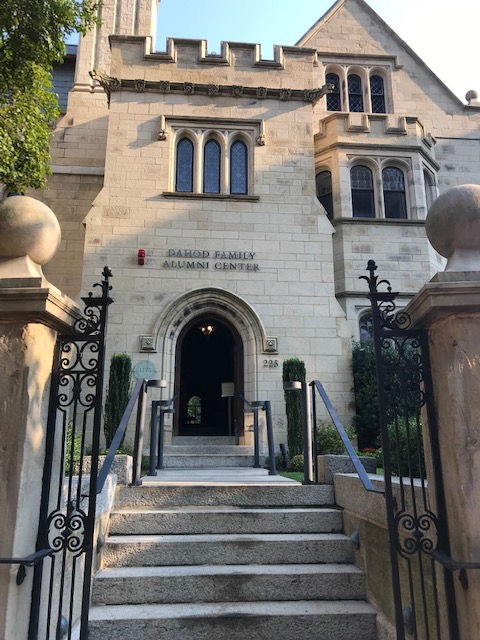Intentionality: What we do is who we are...
- Jason
- May 25, 2020
- 3 min read
My online coaching service is now live and it's been wonderful to connect with students, new and old who have started this process with me. It's been very interesting to begin dialogue with you, finding out what you would like to achieve, defining plans to produce change. Perhaps some of you who have visited the site and felt a 'pull' to get in touch but are a little tentative to take the plunge into the unknown and would like to know how the process starts...?
Once you've got in touch The process starts with an 'Intentionality Assessment'; a dialogue designed to understand your personal/professional/lifestyle goals and why you want to make changes. This focus upon 'Why' you want to enact change, your 'intentionality' is primary to 'What' you want to do ... and for good reason.
The reason for this focus upon 'intentionality' is shaped by my conceptual theory of 'Practise as Praxis', a subject I presented on in Limerick last year at the Mayday Colloquium. This research aimed to apply tenets of Critical Pedagogy, and those of Paulo Freire in particular, to instrumental practise within a Conservatoire setting. It's an opportune time to expand on this as an associated research output went live on the Leeds Arts University research repository a few days ago (you can read the full abstract and accompanying text here.
But what is Intentionality and why does it matter so much?
‘Humans are ‘subjectivities’ with goals, needs and intentions, not simply ‘objects’ controlled by natural laws. They have reason and therefore can formulate and evaluate personal and collective purposes, goals and values (i.e they have intentionality)’. (Freire 1972)
Our behaviour is a product of what we value. Why do anything if there was not something to 'gain'? This conception of value and relative gain/reward/risk/loss influences everything we do. But where do these hierarchy of values come from and are we aware of them?
I pose that our behaviour, as related to our value systems, are a product of our ideologies, situationality and habitus in relation to the 'field' of society in which we possess a sense of agency (the notion that we can make change by behaving). These constituents of self necessarily are mediated by quotients of 'Cultural Capital' to reveal what is possible, how and for what potential reward. Our position within society, as defined by the society's values (of which we are influenced by!) interact with our sense of 'self', time and space to direct our intentions and subsequent actions. What we do is who we are!
If the results we achieve are a result of our actions, and our actions are a result of the relationship between self and society, then the only way to change our results is to change our 'self', or our conception of value. Perhaps we must alter our conception of what a 'good' society is and how we contribute to, or against, it. Any way involves re-appraisal of who we are, where we are, when we are and with whom. What we want is possible... because we can behave in accordance with this intentionality. 'Correct Intentionality' = Correct results.
Intentionality is the most overlooked aspect of practice... To overlook intentionality is to overlook the key principles that motivate action within the fields of influence. To ‘problem pose’ intentionality is to question the relationship between the habitus, field and operations within the practice room. ‘Intentionality is a key aspect of learning’ (Cabedo-Mas, Díaz-Gómez 2013).
Perhaps this is all a little esoteric, "what's it got to do with learning the drums?". Well, learning the drums is a behaviour based on who we think we are, when and where. Why learn the drums? What gain does this represent? What does this tell you about what you value?
Investigation, or problem posing, of these questions lead to more questions. Who do you want to become? Why? Where, or from whom, do you 'intentions' emanate from? What does this mean? How can your behaviour change to reflect your answers to these questions? When we problem-pose our behaviours or actions we are challenged to address our intentionality. To problem-pose our intentionality to ask 'Who we are'. This is a brave and dangerous question to ask, possibly resulting in annihilation of self, but is there any other option?
If you are interested in exploring more, I'd be interested in hearing from you. Change is possible!




Comments